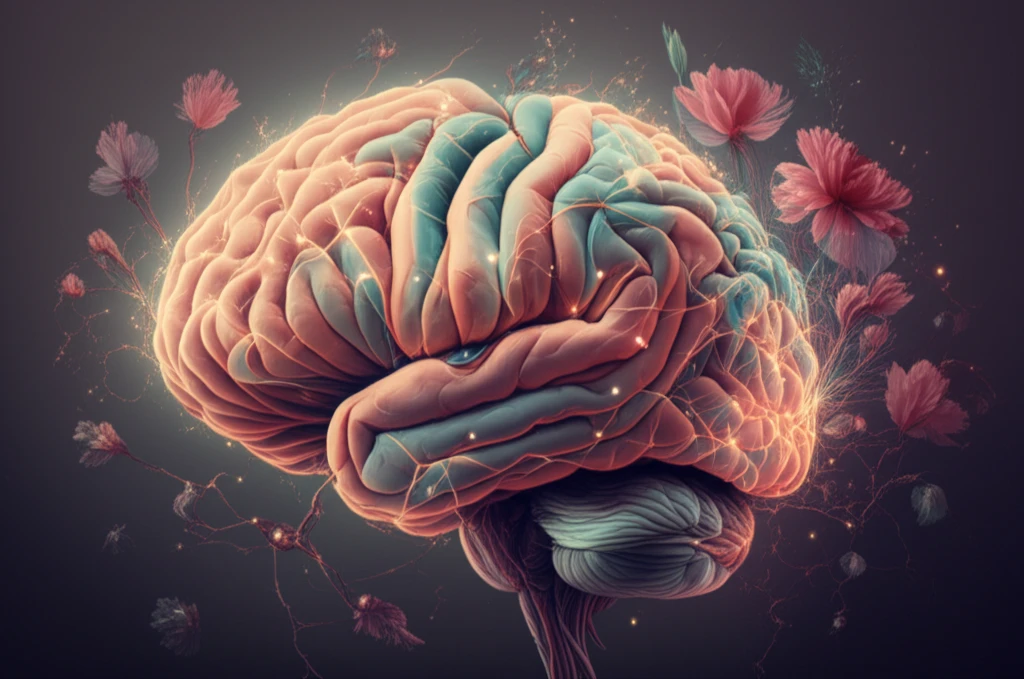
Glioblastoma: How Quality of Life Can Improve with Treatment
"A new study explores how radiation and temozolomide can affect the well-being of glioblastoma patients, offering hope for better care strategies."
Glioblastoma, an aggressive type of brain cancer, presents significant challenges for patients and their families. Beyond the physical aspects of the disease, glioblastoma profoundly impacts a patient's quality of life, cognitive functions, and psychological well-being. As medical science advances, it's increasingly important to understand not only how to extend life but also how to enhance the overall experience of living with this condition.
A recent study published in the Annals of Oncology sheds light on these critical aspects. The research investigates the effects of radiation therapy (RT) combined with temozolomide (TMZ) on glioblastoma patients, providing valuable insights into how these treatments influence their daily lives. This article breaks down the study's findings, offering a clear and accessible overview for anyone seeking to understand the complexities of glioblastoma treatment and its impact on quality of life.
Whether you're a patient, a caregiver, or simply interested in the latest advancements in cancer care, this information aims to empower you with knowledge and a deeper understanding of the journey through glioblastoma treatment. The goal is to translate complex research into practical insights, helping you navigate the challenges and celebrate the improvements that can be achieved.
Understanding the Study: Key Factors and Methods

The study, titled "A prospective analysis of quality of life (QoL), cognitive functions (CF) and psychological status (PSY) in glioblastoma (GBM) patients (PTS) treated with RT and temozolomide (TMZ)," enrolled 112 patients diagnosed with glioblastoma. All participants underwent a standard treatment protocol involving radiation therapy and temozolomide, a chemotherapy drug commonly used to treat brain tumors. The researchers then assessed the patients' quality of life, cognitive functions, and psychological status at various points during their treatment:
- EORTC QLQ-C30 and BN20: These questionnaires are designed to evaluate the quality of life in cancer patients, covering various aspects such as physical, emotional, and social functioning. The BN20 is specifically tailored for brain tumor patients.
- MMSE (Mini-Mental State Examination): A widely used test to assess cognitive functions such as memory, attention, and language.
- HADS (Hospital Anxiety and Depression Scale): A questionnaire used to measure symptoms of anxiety and depression.
Implications and Future Directions
This study highlights the importance of considering quality of life, cognitive functions, and psychological well-being in glioblastoma treatment. The findings suggest that standard treatments can indeed improve certain aspects of a patient's life, and that individual factors play a significant role in shaping their experiences. As research continues, the hope is to develop even more tailored and supportive strategies that address the unique needs of each patient, fostering both longer and more fulfilling lives.
